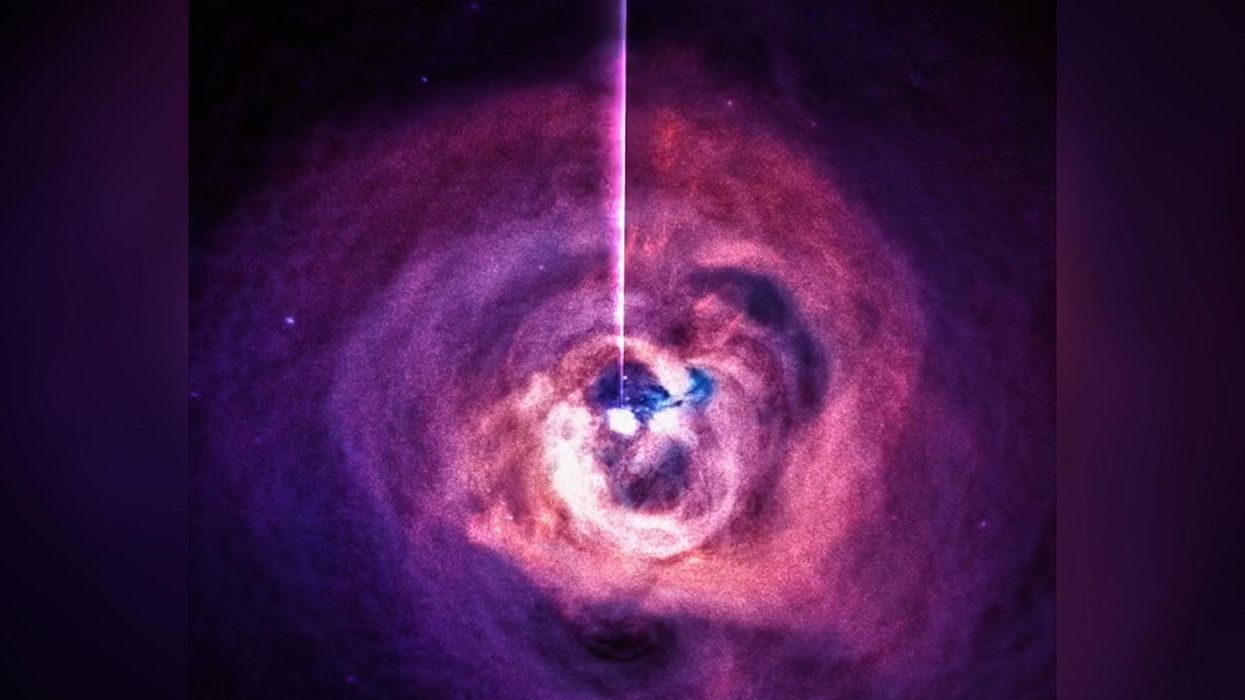Ellie Abraham
Oct 18, 2022
Nasa releases sound of a black hole
NASA Exoplanets
Scientists and astronomers have been left baffled after a strange phenomenon appeared to see a supermassive black hole “burp” up a star that it had swallowed three years before.
In 2018, the star in question was witnessed by scientists getting sucked into a black hole after it got too close – a phenomenon that is not uncommon.
The small star in a galaxy 665 million light years away was considered to be all but gone until June 2021, when astronomers were taken “completely by surprise” when the black hole began to exude stellar matter making it glow.
Since the black hole hadn’t consumed anything else since the star in 2018, scientists studying the unusual phenomenon have determined that it must have been “burping” out material from the star it consumed three years prior.
Yvette Cendes, the study’s lead author said: “This caught us completely by surprise — no one has ever seen anything like this before.”
The results were published in the Astrophysical Journal this week and suggested that, after an unexplainable three-year delay, the black hole was regurgitating stellar matter at half the speed of light.
Sign up to our new free Indy100 weekly newsletter
Cendes explained: “It’s as if this black hole has started abruptly burping out a bunch of material from the star it ate years ago.”
Harvard University astronomy professor, Edo Berger, co-authored the study and explained that while it’s not uncommon for stellar matter to be emitted by black holes while consuming a star, the fact it took three years, in this case, makes it notable.
He wrote: “But in AT2018hyz [the black hole being studied] there was radio silence for the first three years, and now it’s dramatically lit up to become one of the most radio luminous tidal disruption events [TDEs] ever observed.”
The speed at which the material is being emitted from the black hole is also unusual as typically it travels at 10 per cent of the speed of light, as opposed to 50 per cent in this case.
Have your say in our news democracy. Click the upvote icon at the top of the page to help raise this article through the indy100 rankings.
Top 100
The Conversation (0)














